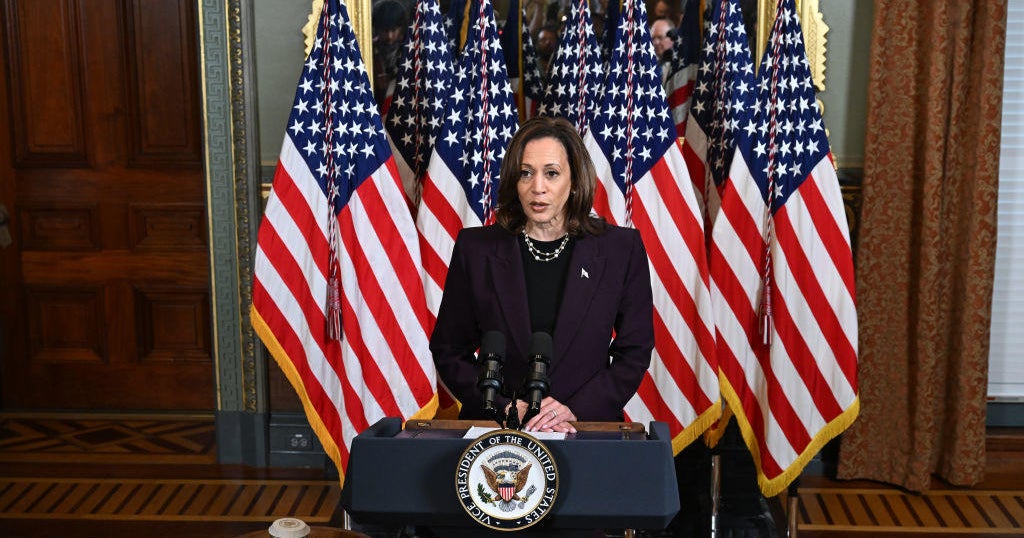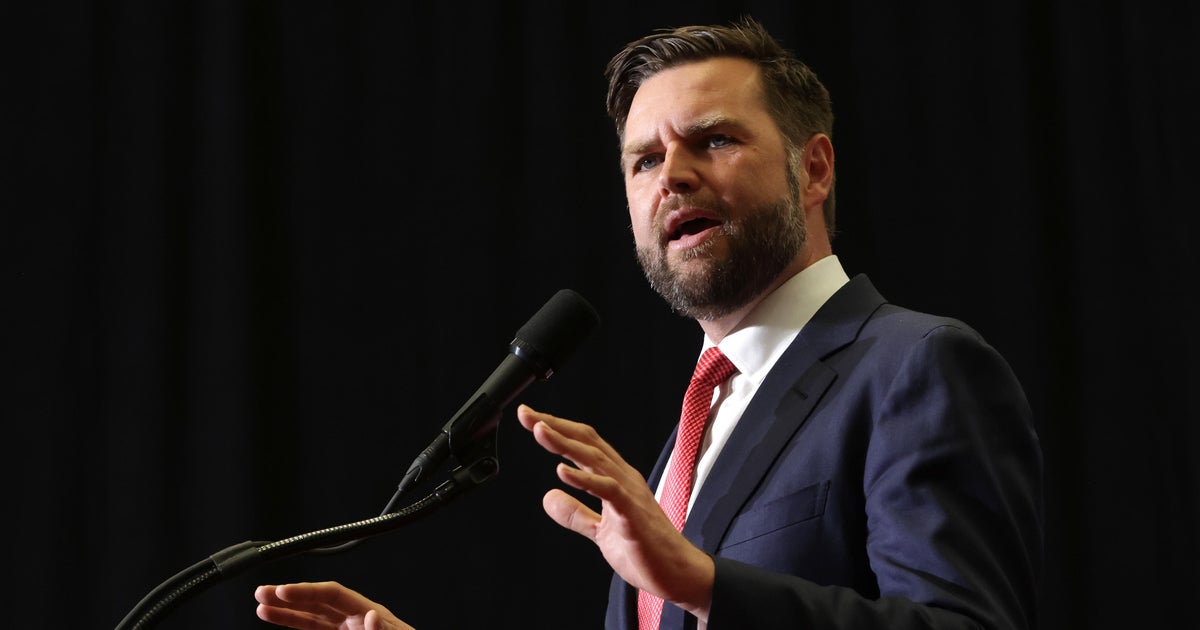Kansas governor vetoes ban on gender-affirming care for minors, anti-abortion bills
Kansas' governor on Friday vetoed a proposed ban on gender-affirming care for minors, a measure to require more reporting from abortion providers and what she called a "vague" bill making it a crime to coerce someone into having an abortion.
Democratic Gov. Laura Kelly's actions set up a series of confrontations with the Republican-supermajority Legislature over those issues. The measures appeared to have the two-thirds majorities needed in both chambers to override vetoes, but GOP leaders' success depends on how many lawmakers are absent on a given day, especially in the House.
The two-term governor, who is term-limited, is a strong supporter of abortion and LGBTQ+ rights. Republicans control the Legislature, and they've joined other GOP lawmakers across the U.S. in rolling back transgender rights.
But Kansas has been an outlier on abortion among states with Republican legislatures because the Kansas Supreme Court declared in 2019 that the state constitution protects abortion rights, and a statewide vote in August 2022 decisively affirmed that position.
"Voters do not want politicians getting between doctors and their patient by interfering in private medical decisions," Kelly wrote in her veto message on the abortion reporting bill.
Kelly did allow one GOP proposal on a social issue highlighted by Republicans across the U.S. to become law without her signature. Starting July 1, pornography websites must verify that Kansas visitors are adults. Kansas will follow Texas and a handful of other states despite some concerns about privacy and how broadly the law could be applied.
In rejecting an attempt to have Kansas join at least 24 other states in banning or restricting gender-affirming care for minors, Kelly argued that a ban "tramples parental rights" and targets "a small group."
"If the Legislature paid this much attention to the other 99.8% of students, we'd have the best schools on earth," she wrote.
The Kansas bill against gender-affirming care would bar surgery, hormone treatments and puberty blockers, limiting care for minors to therapy.
"Hopefully this will be the end of that, at least this year, and they don't decide to waste anyone's time anymore," Jenna Bellemere, a transgender University of Kansas student, said after learning of the veto.
The bill also would require that the state revoke the licenses of any doctors violating the ban and bar recipients of state funds for treating children or state employees who work with children from advocating gender-affirming care for them. It would ban the use of state dollars and property on such care, which restricts the University of Kansas Medical Center in Kansas City, Kansas.
Supporters of the bill argue the ban will protect children from experimental, possibly dangerous and potentially permanent treatments. They have cited the recent decision of the National Health Service in England to no longer routinely cover such treatments. Senate President Ty Masterson, a Wichita-area Republican, said of Kelly, "The radical left controls her veto pen."
"Laura Kelly will most surely find herself on the wrong side of history with her reckless veto of this common-sense protection for Kansas minors," said Kansas House Speaker Dan Hawkins, a Wichita Republican.
But U.S. states' bans go against the recommendations of major American health care groups, including the American Medical Association and the American Academy of Pediatrics. Also, many medical professionals say providing such care makes transgender children less prone to depression or suicidal thoughts.
Last year, Republican legislators overrode Kelly vetoes to ban transgender girls and women on female K-12 and college sports teams and end the state's legal recognition of transgender people's gender identities. Because of the latter law, Kansas no longer allows transgender people to change the listing for sex on their driver's licenses or birth certificates.
Republican lawmakers also have continued to press for new laws on abortion, despite the August 2022 vote, arguing that voters still support "reasonable" regulations and support for pregnant women and new mothers.
"Once again, Governor 'Coercion Kelly' has shown how radical she is when it comes to abortion, lacking basic compassion for women who are pushed or even trafficked into abortions," Danielle Underwood, spokesperson for Kansans for Life, the state's most influential anti-abortion group, said in a statement.
The anti-coercion bill would punish someone convicted of making a physical or financial threat against a woman or girl to push her to have an abortion with up to a year in prison or a fine of up to $10,000. In her veto message, Kelly noted that it's already a crime to threaten someone else.
Critics said it's written broadly enough that it could apply to a spouse who threatens divorce or a live-in boyfriend who threatens to leave unless their partner gets an abortion.
The reporting bill would require providers to ask their patients why they want to terminate their pregnancies and report the information to the state health department. Kelly and other critics contend it's invasive and unnecessary, but supporters argue that the state needs better data about why women and girls have abortions to help set policy.
"These stigmatizing bills were not crafted to improve the health and well-being of Kansans," said Emily Wales, president and CEO of Planned Parenthood Great Plains, which operates three clinics providing abortions in Kansas. "They were merely meant to shame reproductive care."



